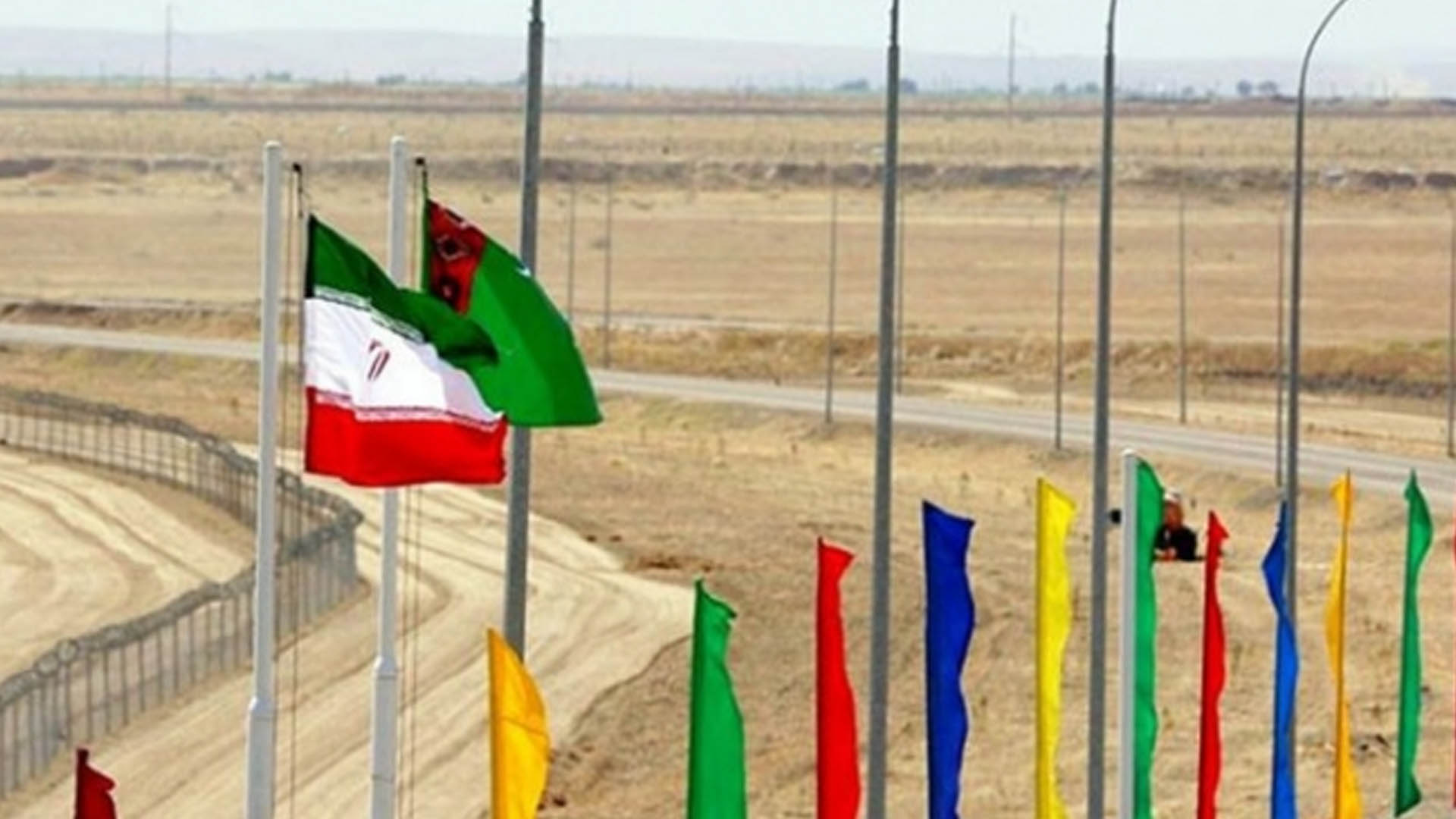Iran has been blocking its checkpoints for lorries traveling from Turkey to Turkmenistan for a month. Drivers have to find alternative routes to deliver Turkmen cargo. This was reported by Radio Azatlyk.
Private transport companies engaged in transporting goods between Turkey and Turkmenistan have been unable to deliver parcels for a month because of the situation.
“Iranian authorities for some reason are not allowing Turkmen cargo across the border into Turkmenistan. The reason is unknown. But drivers with Turkmen number plates are now trying to reach Baku city in Azerbaijan, and from there by sea to reach Turkmenistan by ferry,” an informed source told Radio Azatlyk.
Turkey and Turkmenistan have a fairly high trade turnover. Furniture, textiles, and household appliances are shipped from there. There are Iranian customs points between the countries: Artyk, Sarakhs, and Bajirgan. Dozens of lorries with imported goods used to arrive at Lebap through these checkpoints. Moreover, Istanbul’s transport firms were always a kind of bridge connecting thousands of Turkmen migrants with their relatives. They would pass on clothes and other goods to their relatives and children.
Unfortunately, in the last month, Iran has restricted transit cargo traffic to Turkmenistan. Parcels sent from Turkey have been delayed in reaching their addresses. Thus, not a single truck has reached Lebab province since 10 November. At the same time, Iran does not name the reason for blocking customs routes for lorries.
Previously, the Iran-Turkmen border had already been closed. It was in the spring of 2020 when the coronavirus pandemic began. At that time, hundreds of lorries heading to Turkmenistan were forced to be detained on Iranian territory.
According to Turkmen’s official media reports, the Turkmen authorities prioritize close trade and economic cooperation with Iran. The latter, in turn, actively participates in the transit of Turkmen gas through its territory to third countries.









